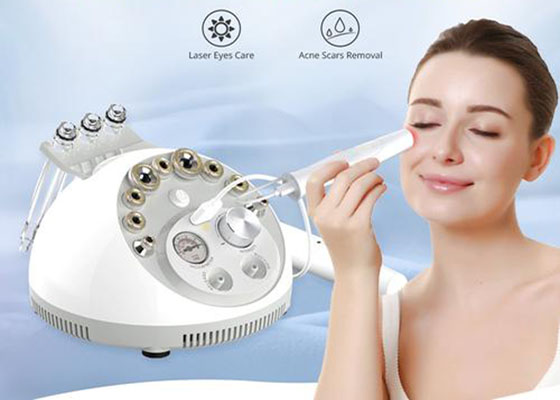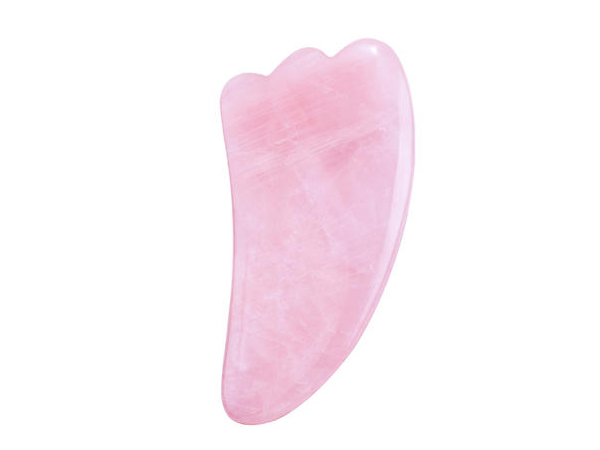Asantee soap has gained popularity for its purported benefits for the skin. Many people wonder if this soap can be used on the face as well. In this blog post, we will explore the use of Asantee soap for facial skincare and evaluate its suitability based on its ingredients, potential benefits, and possible risks.
Understanding Asantee Soap
Asantee soap is known for its unique blend of natural ingredients, such as herbal extracts, collagen, and vitamins. These ingredients are believed to offer various benefits for the skin, including moisturizing, brightening, and clarifying effects. The soap is also formulated to cleanse and exfoliate the skin, promoting a healthier complexion.
Evaluating the Suitability for Facial Use
When considering using any soap on the face, it’s important to consider a few factors. Facial skin is delicate and requires gentle care. Let’s assess whether Asantee soap is suitable for facial use.
Asantee soap’s ingredients, including herbal extracts and vitamins, may offer potential benefits for facial skin. However, it’s crucial to note that the soap is primarily marketed as a body soap. The concentration and formulation of certain ingredients may be more suitable for the body than the face. Additionally, individual skin types and sensitivities can influence the soap’s compatibility.
Potential Benefits for the Skin
While Asantee soap’s benefits for the face are not extensively studied, some users have reported positive effects. The herbal extracts in the soap, such as papaya and turmeric, are known for their skin-brightening properties. Collagen, another ingredient in Asantee soap, is often associated with improving skin elasticity and firmness.
While anecdotal evidence cannot replace scientific research, these reported benefits suggest that Asantee soap may offer some advantages for facial skin. However, it’s important to remember that results can vary depending on individual factors.
Possible Risks and Precautions
As with any skincare product, there are potential risks and precautions to consider when using Asantee soap on the face. The soap may contain ingredients that could irritate sensitive facial skin. It’s essential to patch test the soap on a small area of the face before applying it all over.
If you have any known allergies or skin conditions, it’s advisable to consult with a dermatologist before using Asantee soap on your face. They can assess your skin’s specific needs and advise whether the soap is suitable for you.
Tips for Using Asantee Soap on the Face
If you decide to try Asantee soap on your face, here are some tips for using it effectively and safely:
- Start by wetting your face with warm water.
- Create a lather with the soap by rubbing it between your palms.
- Gently massage the lather onto your face in circular motions.
- Avoid the delicate eye area and any open wounds or irritated skin.
- Rinse your face thoroughly with lukewarm water.
- Follow up with a suitable facial moisturizer to maintain hydration.
Remember, everyone’s skin is different, so it’s crucial to listen to your skin’s needs and adjust your skincare routine accordingly.
Conclusion
while Asantee soap is primarily marketed as a body soap, some individuals have reported positive effects when using it on their faces. The herbal extracts and collagen in the soap may offer potential benefits for facial skin, such as brightening and moisturizing effects. However, it’s important to proceed with caution and consider individual factors, such as skin type and sensitivities.
Before incorporating Asantee soap into your facial skincare routine, it’s advisable to patch test and consult with a dermatologist, especially if you have known allergies or skin conditions. They can provide personalized recommendations based on your specific needs.
As with any skincare product, it’s essential to remember that results can vary from person to person. What works for one individual may not work the same way for another. It’s always a good idea to pay attention to how your skin reacts and adjust your skincare routine accordingly.



